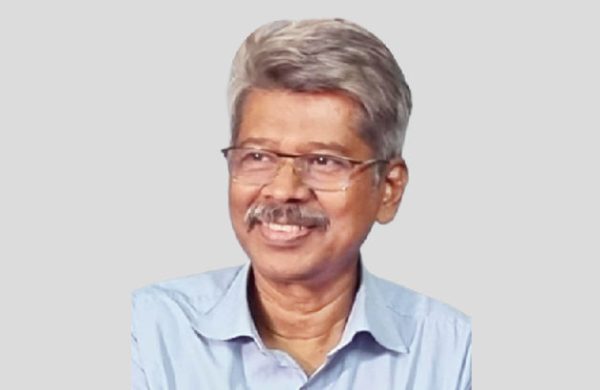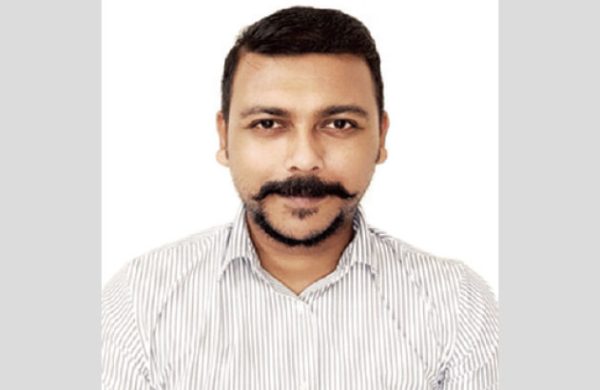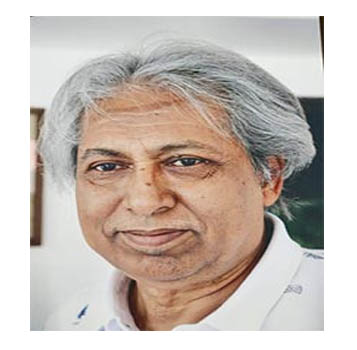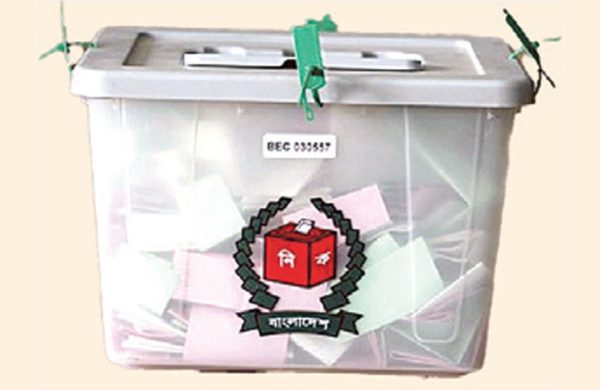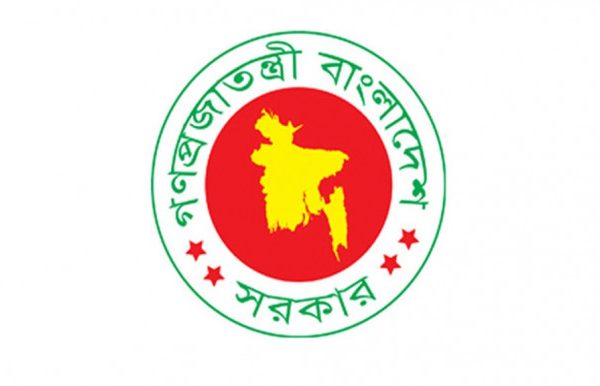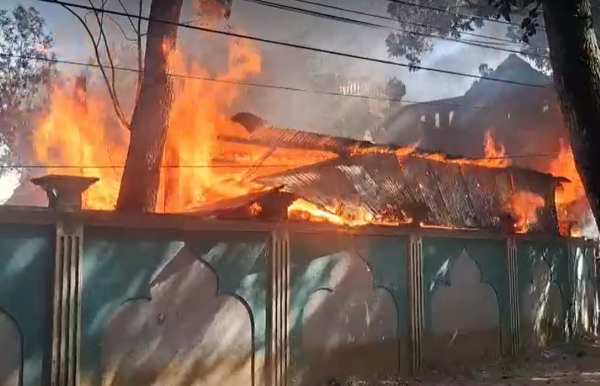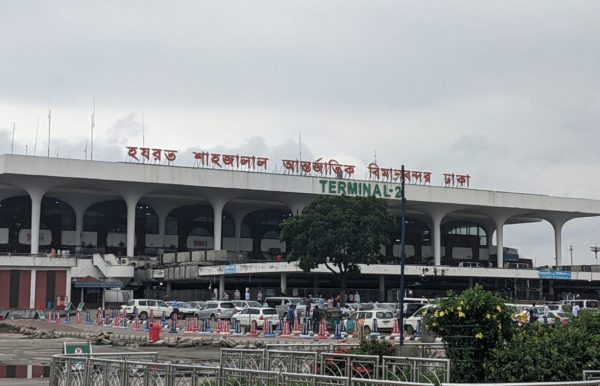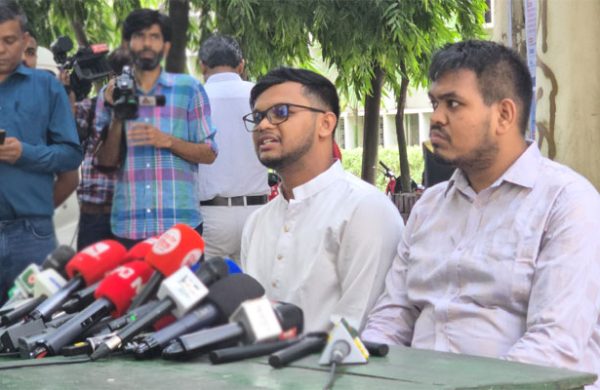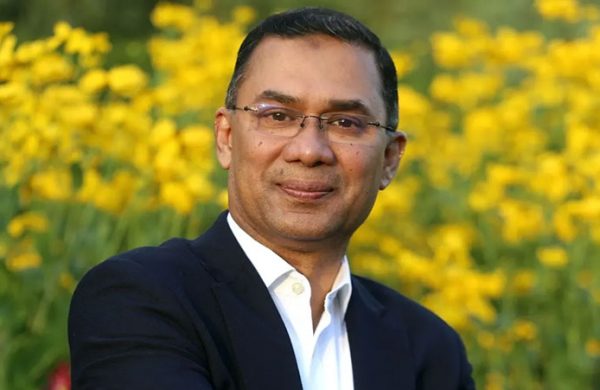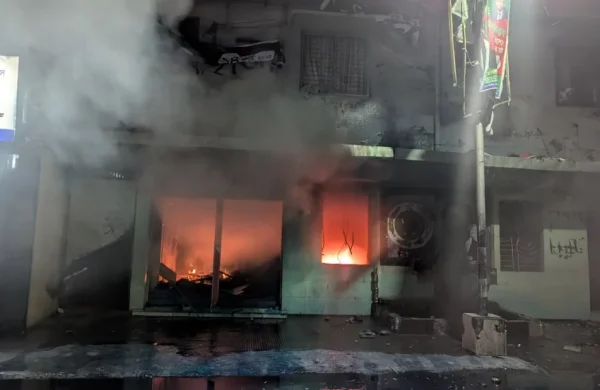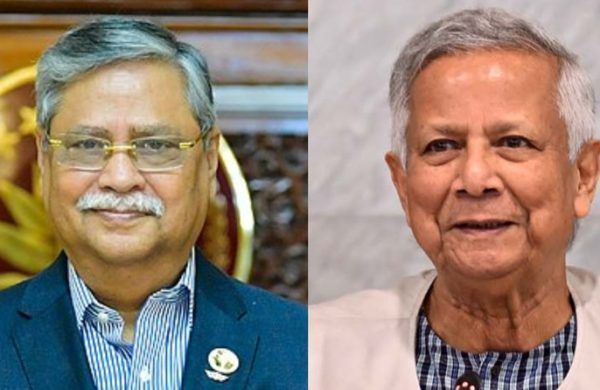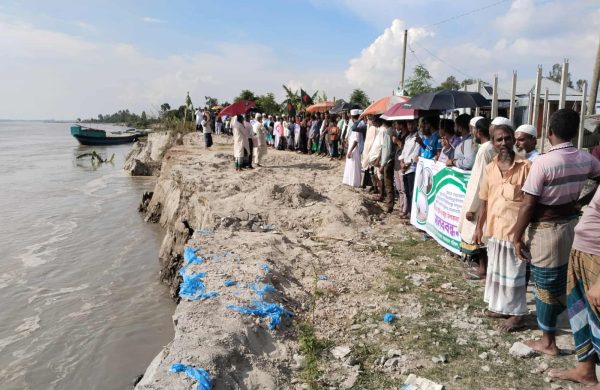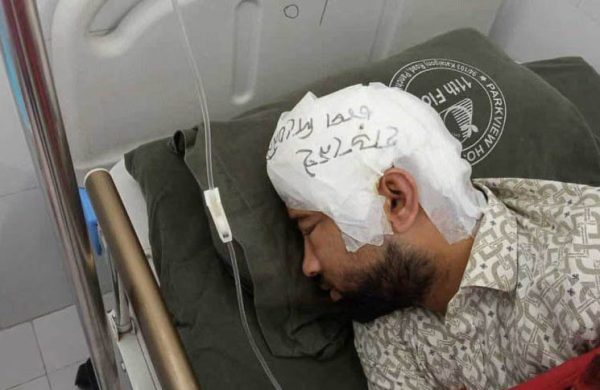We Asked for Change but Got Chaos
- Update Time : Wednesday, September 3, 2025
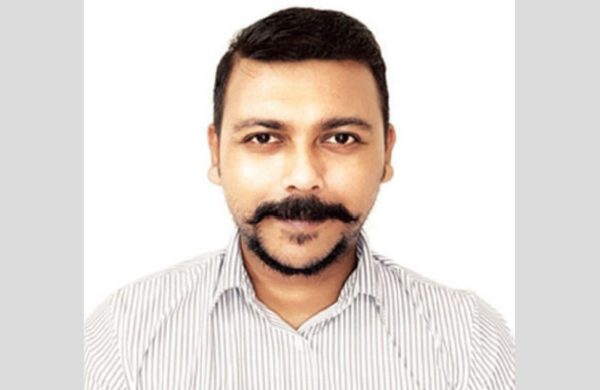
—H M Nazmul Alam—
The history of political upheavals across the world teaches us a sobering lesson: the fall of an old regime, however brutal or corrupt, is rarely the end of struggle.
In fact, it is often only the beginning of a more dangerous descent into anarchy. The celebratory euphoria of the streets, the chants against tyranny, the toppling of statues and symbols of power create the illusion that a new dawn has arrived.
But once the smoke clears, citizens often discover that what they inherit is not freedom, justice or order, but chaos, extortion, mob rule, and eventually, the very forces they despised in another form.
The modern African continent stands as the most tragic testimony to this truth. Libya, which once saw jubilant crowds declare the end of Muammar Gaddafi’s decades-long rule, quickly found itself in the grip of a civil war where warlords carved up oil-rich regions like private estates.
Somalia, after the collapse of Siad Barre’s dictatorship, slipped not into democracy but into complete state failure, where sectarian militias and pirates dictated daily life.
In Mali, Niger, and across the Sahel, popular uprisings against authoritarian rulers promised freedom, but ultimately delivered the entrenched permanence of military juntas. Even where democracy was attempted, it remained fragile, brittle, unable to withstand the pressure of competing interests and the absence of institutional backbone.
Bangladesh, unfortunately, now stands perilously close to this same historical script. After the fall of Sheikh Hasina’s entrenched regime, many celebrated a people’s victory. The promises were loud—justice for the victims of authoritarianism, the end of cronyism, the rebirth of accountability and a new political beginning.
But within months, we find ourselves living through a different reality altogether. The dreams of a democratic renaissance have been quickly swallowed by the reality of lawlessness, factionalism and mob violence.
Just days ago, the streets bore witness to the brutal beating of Nurul Haque Nur, once a symbol of student resistance against authoritarian excesses.
At Chittagong University, students were beaten with iron rods and sticks by the villagers of Jobra, reducing the campus into a battlefield. In the countryside, reports of extortion rackets, murders over trivial disputes, and lynching of petty criminals spread like wildfire.
The mob, not the magistrate, now dictates who lives and who dies.The irony is cruel.
In removing the “tyranny” of an entrenched regime, the people of Bangladesh have not yet gained freedom, only an ungoverned space where every group pushes its demands with threats of blockade, strike or violence. And the state apparatus, weak and demoralised after years of politicisation, appears unable to impose any semblance of order.
In this vacuum, darker forces find fertile ground. The resurgence of far-right groups cannot be ignored. They thrive in times of disillusionment, when citizens, tired of both corrupt elites and chaotic mobs, look for simple answers.
Their rise is not accidental but the predictable outcome of a state that has lost its monopoly over violence and ceded ground to extremism.
The institutions of governance were never truly depoliticised in Bangladesh. They were captured, hollowed out, used as tools of party power. When the old regime collapsed, these institutions did not spring back to life; they remained crippled. Without institutional scaffolding, the democratic experiment has little chance of survival.
The tragedy is compounded by the culture of impunity. Every act of violence, be it the mob beating in a market, the extortion of truck drivers on highways, or the bloody clashes between rival student groups, is rarely punished. Justice is elusive, delayed or distorted.
This erodes public trust and fuels a dangerous cycle: citizens, losing faith in courts or police, turn to mobs for ‘justice’, which in turn further undermines the rule of law. It is a self-devouring spiral. Unlike in the past, when regimes collapsed into relatively controlled transfers of power, today’s post-upheaval Bangladesh is marked by a profound social fragmentation.
Politics has seeped into every classroom, every trade body, every professional association. Violence is not a symptom; it has become the grammar of politics itself.
This raises the uncomfortable question: are we heading towards our own version of the African and Latin American tragedies, where revolution’s promise is devoured by anarchy, and anarchy is replaced by military or authoritarian ‘order’? The answer depends on what happens now, in the fragile months ahead.
If political leaders continue to indulge in vendetta, if civil society remains complicitly silent and if institutions are not urgently rebuilt, the path towards chaos will be irreversible.
The lesson of history is clear: it is not enough to change rulers; the state must change its very skeleton. Institutions must be insulated from partisan capture. The judiciary must operate independently, the police must enforce law impartially, universities must be reclaimed from student thugs, and the media must be allowed to function without intimidation.
Otherwise, the daily headlines of mob lynchings, extortions, factional attacks and the silencing of dissent will not merely be isolated events but symptoms of a deeper collapse.
If Bangladesh does not wish to repeat the grim stories of Libya, Somalia, Nigeria or Argentina, it must act now. True democracy is not secured on the streets alone; it is built painstakingly in courts, parliaments, schools and media houses.
It is nurtured not by anger, but by discipline. Without this foundation, every upheaval will only replace one set of rulers with another, while the people remain trapped in a cycle of chaos.
—————————————————————————–
The writer is an academic, journalist, and political analyst. He can be reached at [email protected]




